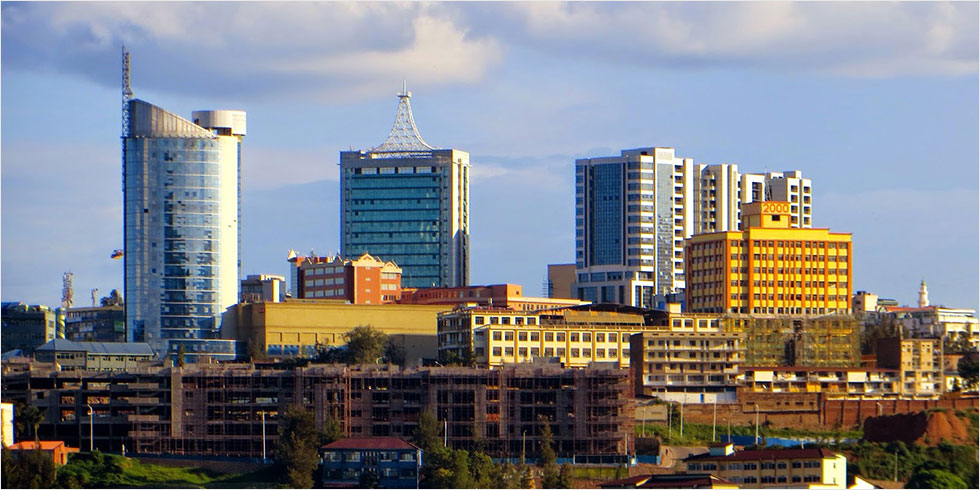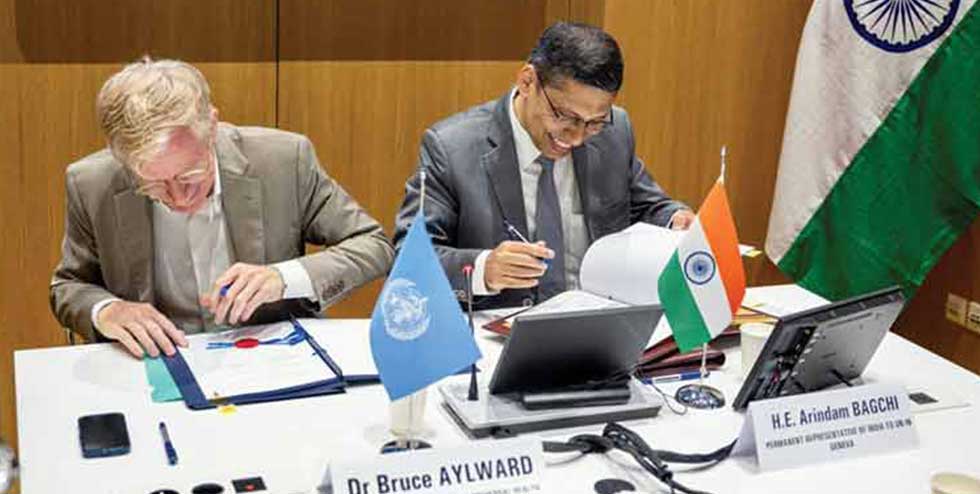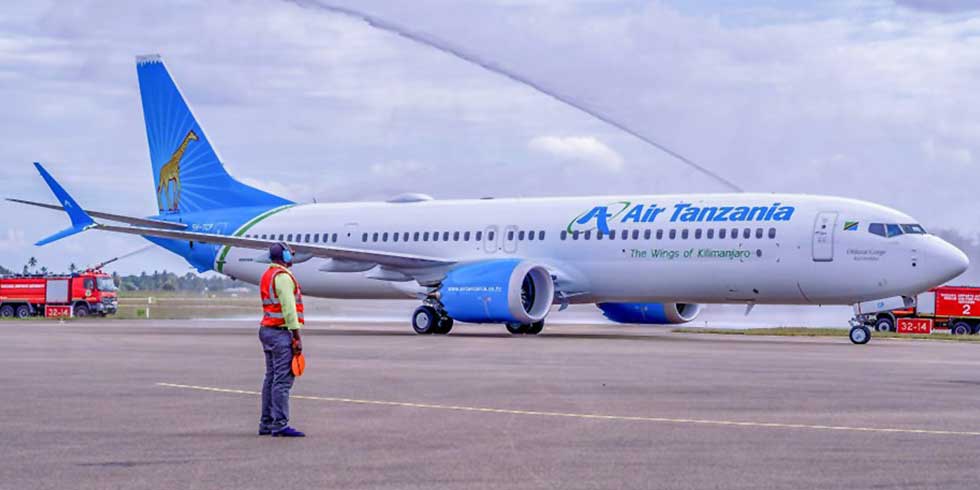Bilateral relations between India and Rwanda, in recent years have grown steadily.In 1999, Rwanda opened its first mission in New Delhi and in 2001, the nation sent it first resident Ambassador to India. The most notable development in India-Rwanda relations is definitely marked by the Indian Prime Minister’s visit last year; Prime Minister Modi became the first Indian Prime Minister to ever visit Rwanda.
During his trip, he declared US$ 200 million in aid and 200 cows to the families of genocide survivors. One of the most positive outcomes of his visit was the opening up of a full-fledged Indian Mission in Kigali. The Indian Mission in Kigali is likely to play a vital role in accelerating trade and investment links between the two countries which is at present very small.
The volume of bilateral trade is small, Indian companies have made inroads into the Rwandan market in areas like infrastructure, information and communications technology (ICT), agriculture, healthcare and education. Rwanda is seen as a good country for investment, particularly when compared to other African countries, there is valuable scope for more trade.
The country is often noted for its good governance, political will, zero tolerance for corruption, and ease of doing business; for instance, it takes only a few hours to register a business in Rwanda. In fact, investors do not even need to visit the country for the required registration formalities because businesses can be registered online. Moreover, safety and security in the country is second to none, making Rwanda the favoured investment destination in Africa.
The key areas where India and Rwanda can connect are agriculture, information and communication technology, healthcare, and tourism.
Rwanda is essentially an agricultural country, opportunities for Indian companies are vast. Jain Irrigation -- India’s largest micro irrigation company -- is already implementing a number of projects in Rwanda, and has selected Rwanda as its hub in Africa. In the case of ICT, Indian companies can play a n important role in Rwanda, they already have an edge over other nations in this sector.
In addition to agriculture and ICT, the healthcare sector offers many opportunities for collaboration. India’s ability to provide provide excellent medical facilities at reasonable prices can also be capitalized upon: Some of India’s best super-speciality hospital chains like Apollo and Fortis are already providing medical services to Rwandan patients, but there is substantial scope for scaling up.
small teams of Indian specialists visit Rwanda regularly to conduct medical camps which offer consultations and medical advice at reasonable prices. Young Rwandans also come to India for medical training, but again, there is scope to seriously scale this opportunity.
while Rwanda is known as ‘the land of a thousand hills,’ tourism is underdeveloped, although it provides the highest source of foreign exchange in the country. One of the main reasons for visiting the country is its incredibly rich wildlife: Rwanda is home to the famous mountain gorilla, which is now an endangered species.
Rwanda has benefitted from the number of Indian tourists to the country, which is steadily growing. Visiting the country has become easier for Indians with Rwand Air offering direct flights between Kigali and Mumbai four times a week. Visas are also easily available on arrival at the Kigali International airport for Indian citizens and the number of quality hotels has also increased sharply in Kigali in recent years.
In order to increase the flow of Indian tourists to Rwanda, tour operators in Rwanda need to offer special affordable packages for Indian families. For Rwandans, India remains a good option for medical tourism. If the two countries worked out a system of exchange, a long-term, symbiotic relationship could be formed between them.








Add Comment